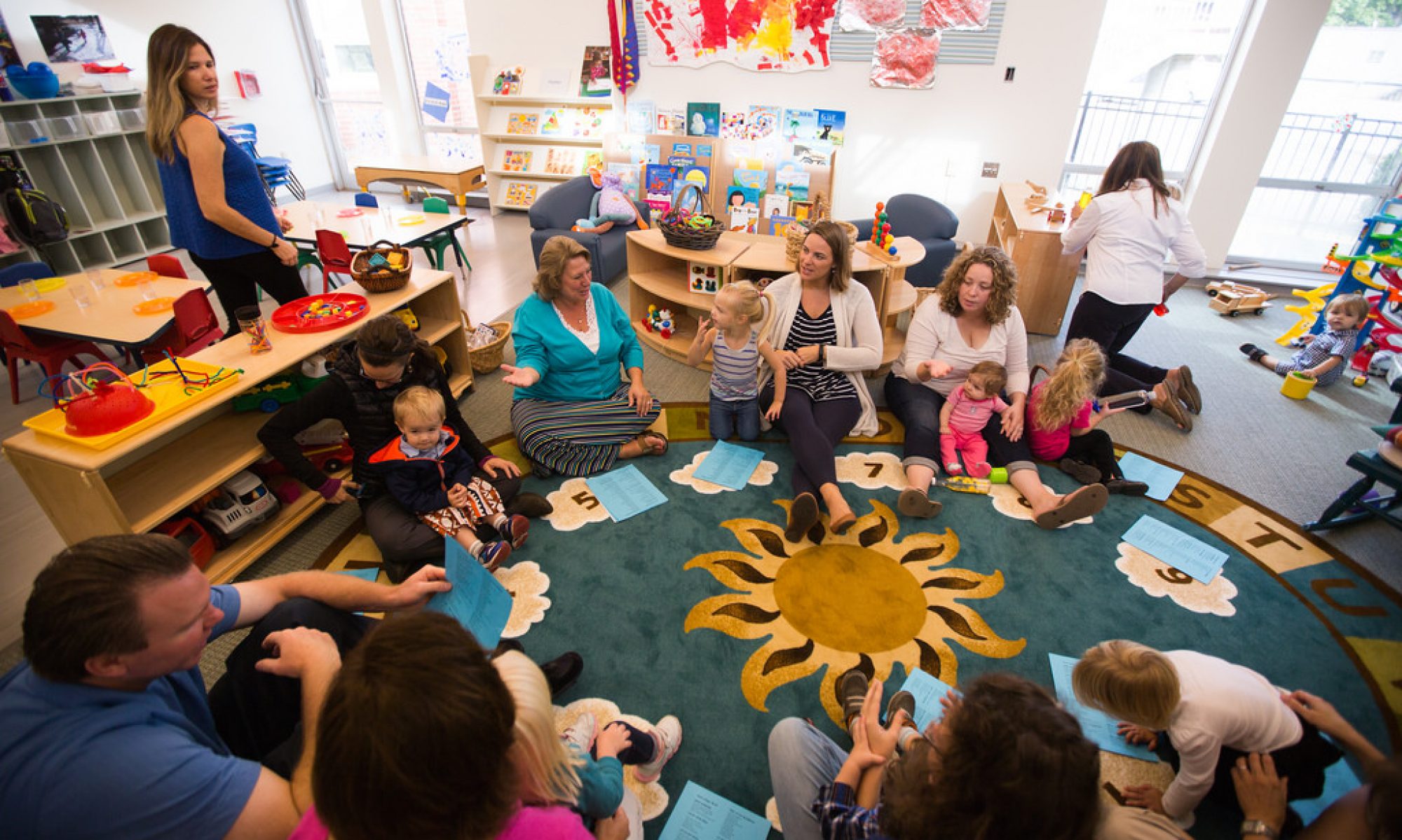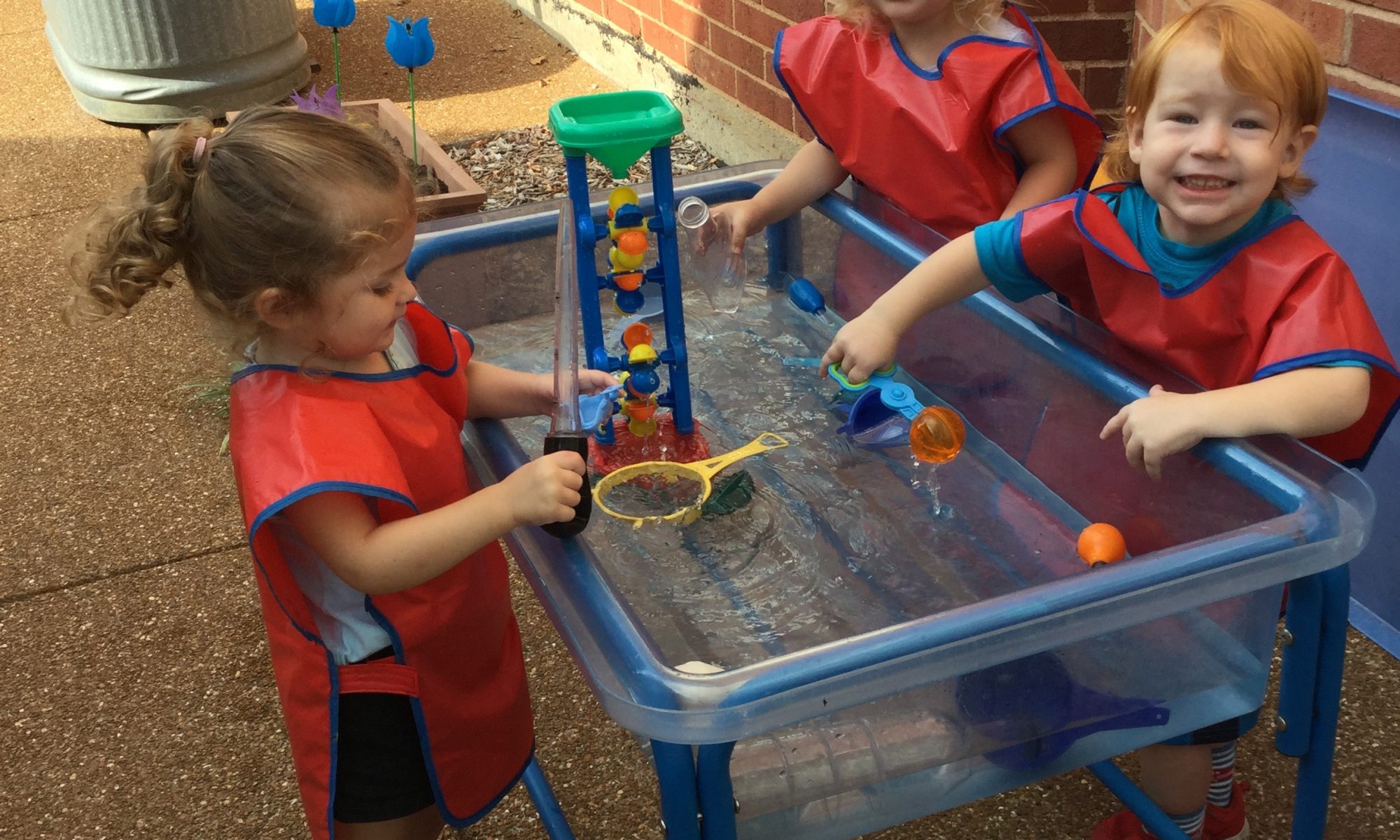Five-year-old Jenny spontaneously picks up her room, taking delight in arranging her things in an orderly way. Kenny gives a rock from his treasured collection to a friend, delighting in his friend’s joy. Our toddler, Penny, starts to reach for the forbidden TV knob, then pulls back her hand and walks away.
These are moments that warm a parent’s heart – when the child wants to do the right thing. Is there anything we can do to encourage more of these commendable acts?
One way to approach this question might be to ask another one: why does a person do what we consider to be ‘the right’ thing? Dr. Lawrence Kohlberg, of Harvard University, has come up with answers that have won him wide acclaim and given impetus to some moral education programs in the schools. Kohlberg suggests six progressive stages of moral development, if we view these stages as periods through which each individual must go to reach maturity, and then try to label children accordingly, we are indeed limiting them, as well as our means of teaching them. But if we view the six steps as progressively higher reasons for doing the right thing, they can be a useful tool for working with children.
Briefly, they are:
1. Fear of punishment;
2. Hope of personal rewards;
3. Wish to be considered good;
4. Respect for man-made rules;
5. Respect for the rights of others;
6. Belief in universal principles applicable to all mankind; a matter of conscience
With these in mind we might look at a child’s possible reasons for wanting to pick up his toys (the first two illustrations show that there can be a range of degree within a step or stage of reasoning) :
1. Because he’ll get a spanking if he doesn’t, or because his parents won’t let him watch TV or play with his friends until he does.
2. Because his parents promise him a new toy if he picks them up, or because he can find his toys more readily.
3. Because he knows his parents and friends will consider him to be good if he does.
4. Because he has learned to respect the firmly established rule in his home that toys must be put away at the end of the day or before he takes out more.
5. Because he truly believes that the other members of the family have a right to a neat home and he wants to do his part.
6. Because he loves order, takes great pleasure in expressing it, and is not comfortable unless he is expressing it.
Looking at a child’s response this way, we can see that his reasons may shift from time to time (Even as an adult, I may be operating at step 3 when I quickly pick up the house before company comes.) But we can also see that communication to the child might have some effect on the level of his thinking.
If our sole means of getting a child to do the right thing is to punish him or to threaten him with punishment, we may be limiting his opportunity to respond to higher levels of thought. On the other hand, it may take a good deal of praise (step 3), rewards (step 2), and some punishment (step l), before a family rule is firmly established.
In the process we may communicate in ways that lead to stages 5 and 6. For instance, stage 5: “Daddy will be so happy when he comes home to a neat house”; “Thank you ! I have such a wonderful feeling when the whole house is neat and orderly” – or stage 6: “Doesn’t your room look beautiful with everything put away?” In addition, we might make a special effort to show a good example of order ourselves. (If we do this we’re using stage 5 – thinking . ) We can also look with the child at the order is nature and talk with him about how each one of us inherits and can express the quality of order from God.
Let’s look at some possible reasons, from a child’s viewpoint, for coming when he’s called.
1. “I might get punished if I don’t come.”
2. “Mother sometimes has a surprise for ne when I come quickly.”
3. “Mother thinks I’m good when I come right away.”
4. “Children are always supposed to come when parents call.”
5. “The family won’t have to wait.”
6. “It’s right to be punctual, so I’m impelled to come when I’m called.”
We can analyze other right actions we wish to encourage in the same way: cooperating, sharing taking responsibility, being honest. This kind of analysis can open new ways of thinking and provide helpful guidelines for parental action. (M. E. C, )

